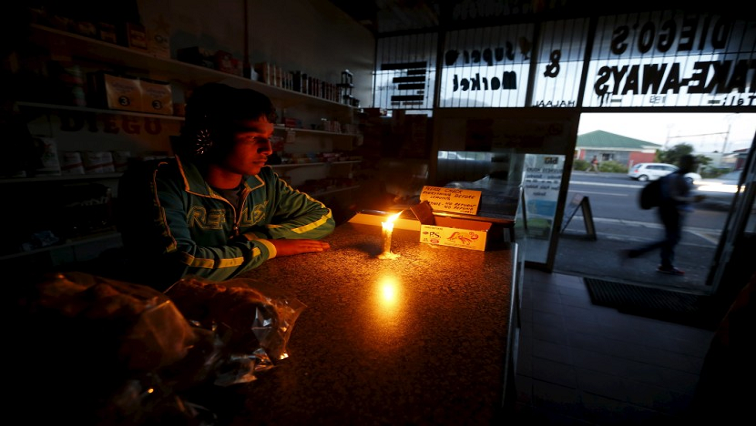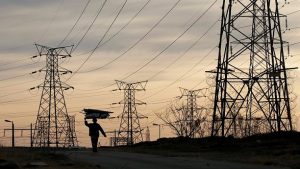Eskom has announced that due to a further loss of generation capacity, load shedding will move back to Stage 2 from 21:00 on Wednesday to 05:00 Saturday morning. The power utility says Stage 2 is necessary to safeguard the power system following a further loss of generating capacity at the Medupi, Amot, Duvha and Kendal power stations.
Economists say South Africa cannot start a proper economic revival until the country’s power shortages are addressed.
Many countries, including South Africa, are moving even faster to adopt wind and solar to replace their coal-fired power stations.
Eskom Spokesperson Sikonathi Mantshantsha says an increase in demand also resulted in the dwindling of the emergency reserves.
‘SA should bear with load shedding’
Deputy President David Mabuza says South Africans should bear with the load shedding the country is experiencing, as Eskom tries to put measures in place to maintain its aging power plants.
Mabuza answered oral questions by MPs in the National Assembly.
Asked by an MP what he would advise consumers to do to deal with load shedding, he says more effort should be put into reducing the period of load shedding.
“We are now doing reliability maintenance so that these power stations can be reliable. We are going to do everything to shorten the period. Let’s accept what leadership has said. But we will go to say let’s put more effort to reduce the period of load shedding.”
Hours of load shedding
On Tuesday, the Council for Scientific and Industrial Research (CSIR) released a report showing that Eskom had implemented 860 hours of load shedding in 2020 alone.
According to the report, the power utility’s capacity to generate electricity in the past ten years has declined by 10% despite more than R450 billion spent on the Kusile and Medupi power stations as well as the implementation of sustainable energy sources.
“Unfortunately 2021 has started off quite rocky, we’ve already had a lot of load shedding in the first three months of the year. The demand has actually reduced relative to the first three months of 2020 even though we aren’t in a lockdown necessarily,” says senior engineer at CSIR Joanne Calitz.






